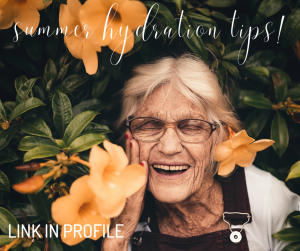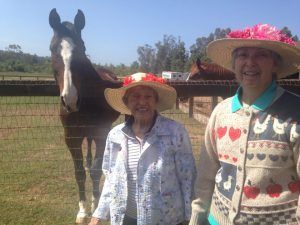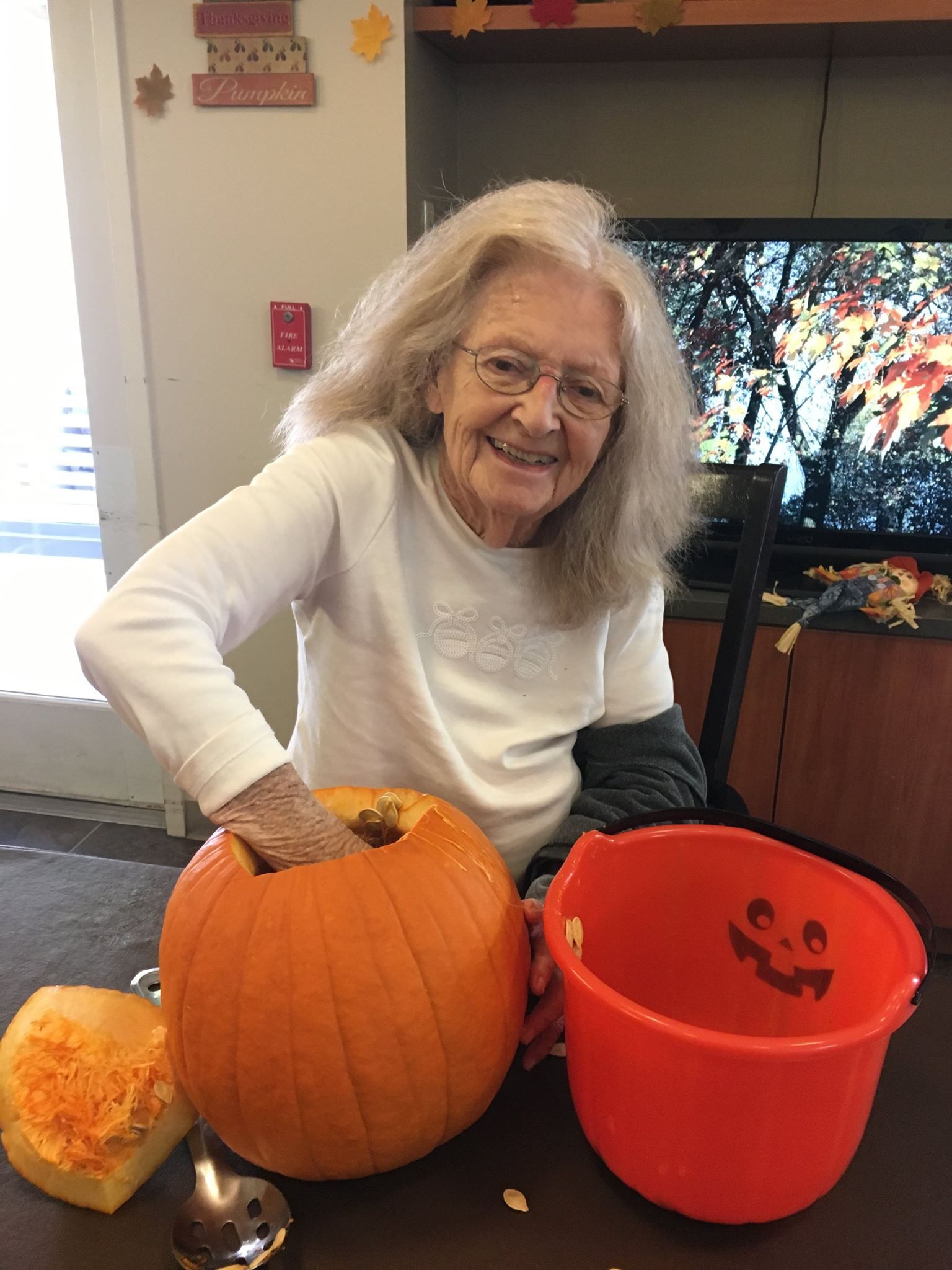
Participating in support groups with others who are also impacted by Alzheimer’s disease can be a meaningful way to find community and solace amid great challenges. Family caregiving can be incredibly isolating, especially when caring for someone living with Alzheimer’s. Alzheimer’s-specific support groups can be places of comfort, understanding, informational support, education, and community. These support groups can be a lifeline and safe space for many family caregivers.
Scroll down to learn more about Alzheimer’s support groups.
Different Types of Support Groups
Many different forms of Alzheimer’s support groups exist. Alzheimer’s support groups can be led by social workers, therapists, healthcare workers, and other experts. There are also many peer-led support groups facilitated by individuals who have been impacted by Alzheimer’s disease.
Nationwide organizations like Family Caregiver Alliance and the Alzheimer’s Association regularly host forums, support groups, and community events. Alzheimer’s support groups may meet virtually or in person at healthcare facilities, community centers, or faith-based locations.
Why are Alzheimer’s Support Groups Valuable?
Self-care is vitally important for caregivers. For many caregivers, attending support groups is an important part of their self-care. Regular participation can mitigate feelings of burnout, sadness, anxiety, and stress. Participants report relief in talking with people who are experiencing the same things they are. Caregivers experience a complex range of emotions from grief to exhaustion to guilt to love. Others in the support group truly grasp the complexity of this range of emotions.
Practical Advice and Validation
Support groups can offer education and opportunities to gain practical tips and advice on how to manage some of the challenging aspects of caring for a loved one living with Alzheimer’s. The information shared in support groups can help with managing challenging aspects of caregiving, such as sundowning, communication, meal preparation, and navigating financial planning. Above all else, Alzheimer’s support groups provide a pathway for meaningful connection and emotional validation.
It can feel overwhelming to communicate vulnerably in a support group environment, especially in the early days of a loved one’s diagnosis. Although opening up takes courage, many find that forming a communal bond helps them become more resilient. Many report feeling better equipped in both self-care and caring for their loved ones.
BayView: Southern California Senior Assisted Living
At Bay View Assisted Living, we strive to provide compassionate, individualized care, preserving our residents’ dignity at every stage of their Alzheimer’s journey. We’re committed to holistic care that engages our residents on emotional, mental, spiritual, and physical levels.
Safe and Secure Senior Living Community with Hospice Accommodations
At BayView, we promote safety with a secured perimeter environment and trained staff available 24 hours a day, 7 days a week. Our beautiful assisted living home and surrounding grounds are equipped with surveillance cameras in all public and outdoor spaces. Our home and spacious grounds meet all ADA requirements, including wide hallways, safety rails, shower chairs, and no lips or gaps at doorways. This allows for easy wheelchair and walker access, increasing ease of mobility for residents.
San Diego’s Top Memory Care and Senior Care Community
BayView Senior Assisted Living in Point Loma, California, is one of the top assisted living facilities in the greater San Diego area. We’re known for our compassionate caregivers, beautiful grounds, and personalized, individualized care. We consider it an honor to walk alongside families as they traverse the challenging and heartbreaking journey of Alzheimer’s disease and dementia.
We understand that our residents’ holistic experience of life (social, spiritual, emotional, mental, physical) is incredibly important. Our compassionate caregivers deliver top-notch, individualized care to every member of our memory care communities. Contact us to learn more.



